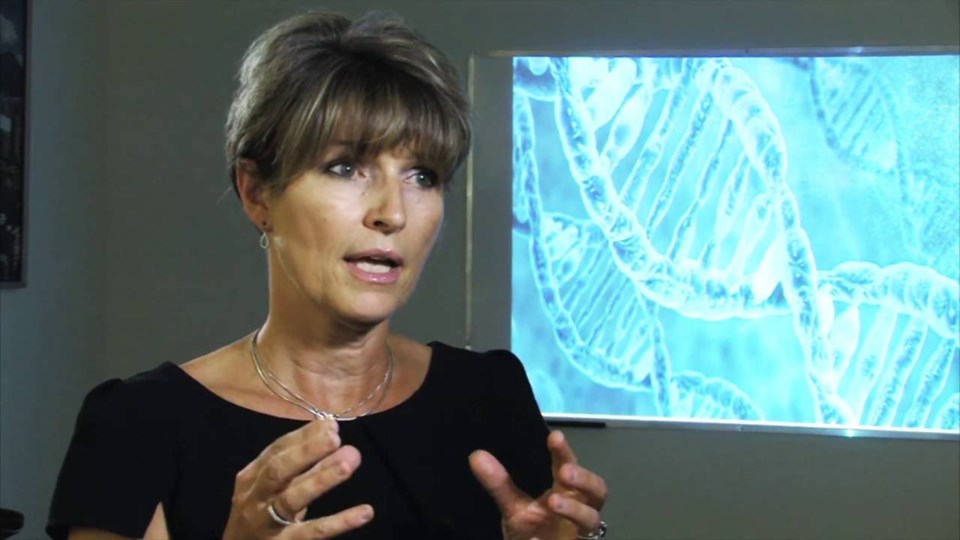A Richmond cancer researcher, whose company is up for a Small Business BC Award next month, is defending work conducted in her lab amid claims some research was tainted.
According to a UBC investigation, 29 instances of misconduct were found, with 16 deemed serious for fabrication and falsification of data.
Dr. Sandra Dunn, CEO at Phoenix Molecular Designs, told the News that she believes UBC prematurely concluded a preliminary investigation and came to erroneous conclusions with the suggestion that the results from several of the researcher’s experiments could not be reproduced and some of the original work contained meaningful errors.
“On numerous occasions, we tried to supply the university with the missing information that we eventually found after combing through 14 years of archived records,” Dunn said in an email to the News. “This was above and beyond the call of duty, as the rules only require UBC laboratories to keep records for five years. However, we, as a laboratory, were ready to stand up to scrutiny and therefore allowed UBC to bend the rules by requiring us to go back 14 years. We had no intention of giving up until all the data was fully defended.”
Dunn added the research being scrutinized was the result of a lot of hard working students and felt it was her duty to defend their work.
“It made me sick to think that someone could attack their work with no evidence,” she said, adding the university directly contacted a number of science journals — to which the research was published without her knowledge — to complain that there may be errors in research reporting.
“In the letter, it left it up to the (journal) editor to take any necessary action he or she felt necessary,” Dunn said. “I, in turn, had no idea that UBC sent these emails to the journals as I was not copied. However, 166 of my co-authors were, and I found out second hand.”
Dunn said she contacted the journal editors and provided a defense of the matter.
“The judge and jury in this case were ultimately the journal editors, who did not support the UBC findings. The results from my research were upheld, which is why there were no retractions,” Dunn said. “Had the editors found it necessary to make changes, they would have done so promptly. Corrections would have taken place within weeks of the initial contact, which occurred in 2014. Only one editor responded with a request to make any corrections. Even he found no reason to retract our work.”
Dunn said she hopes to put the matter behind her and continue the work at Phoenix Molecular Designs.
“Each day, women with breast cancer die from the disease, their families are ripped apart and children are left to survive without their mothers,” she said. “The therapies we are developing have the power to reduce the number of deaths from breast cancer in the future and to provide hope for families.
“We will not give up until our work is done.”
The allegations have not affected Phoenix Molecular’s participation in the Small Business BC Awards.
According to an email to the News from awards organizers, the top 10 semi-finalists in the competition, which includes Dunn’s company, have been chosen purely by the public, determined by the number of people in their community who value the business and voted.
“Therefore, there will be no changes to the nomination at this time in the contest,” the email stated.



